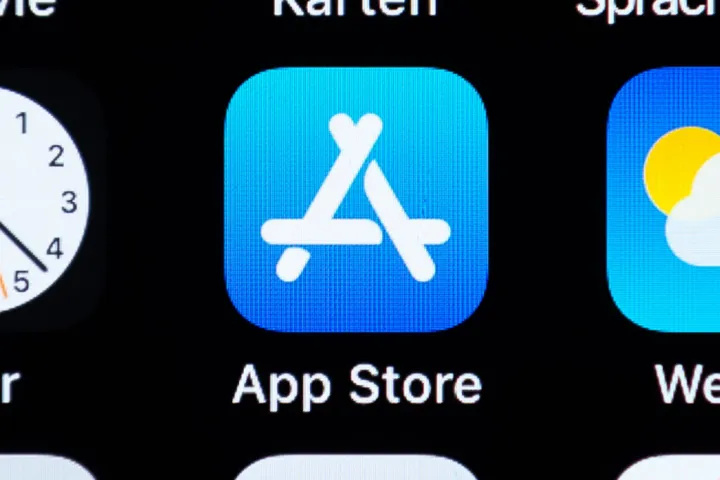Apple is in a deadlock with email app BlueMail over its decision to give the app’s latest update an age restriction of 17 and older due to its ChatGPT integration.
Apple is currently blocking the update because the app’s developer Blix Inc. disagrees with the company’s stance to give BlueMail an age restriction, having rejected the brand’s update application last week, according to the Wall Street Journal.

Blix Inc. uses OpenAI’s GPT-3 language model in its latest version of BlueMail to bring AI chatbot features to the email app. However, Apple claims in documents Blix Inc. shared with the publication that the app’s AI integration does not include content filtering, which is what led to the recommendation of an age restriction of 17 and older.
OpenAI’s proprietary ChatGPT, which remains in its beta form, is known for generating content that can be potentially offensive, including racial and gender biases, in addition to incorrect information and disturbing language. However, Blix Inc. co-founder Ben Volach told the publication that BlueMail has its own content-filtering capabilities, which were detailed in its application to the Apple App Store. He also alluded that there are already apps on the App Store that include AI functions that aren’t being rated as harshly.
In its current, non-updated iteration the app is rated as suitable for ages four years and older. The developer’s primary concern is that the age restriction will prevent users from being easily able to find BlueMail in the app store and might make them hesitant to use the product.
However, BlueMail isn’t the only app being updated with AI that has been targeted. Microsoft recently implemented ChatGPT capabilities into its Bing search engine and experienced the same roadblock when attempting to update its mobile apps with the AI feature. A Microsoft spokesman told the Wall Street Journal that its latest ChatGPT inundated Bing mobile app update on the Apple App Store has a 17 and older age restriction, while it has no age restriction on the Google Play Store.
While Apple is not officially in the AI game, its App Store has become overrun with scammer and malware apps posing as ChatGPT alternatives. Among the first was an app called ChatGPT Chat GPT AI With GPT-3, which asked for payment before OpenAI introduced its ChatGPT Plus subscription tier. The app was live for at least three weeks until it garnered attention from the media as a price-gouging fake, even accumulating a 4.6 rating out of 5 and over 13,000 reviews.
Despite its issues, which paralleled the issues found in the real ChatGPT, many were left wondering how the app passed Apple’s review process in the first place. Many legitimate developers might now be paying the price for such early flubs.
Currently, Blix Inc. can only challenge the rejection through Apple’s App Review Board, an Apple spokesman told the WSJ.



